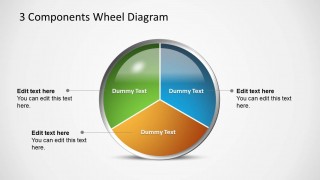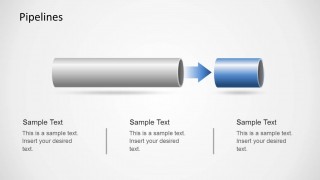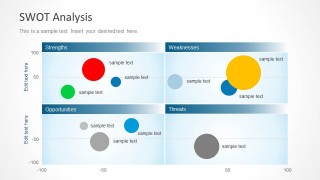Learn more how to embed presentation in WordPress
- Slides
- 18 slides
Published Apr 2, 2015 in
Business & Management
Direct Link :
Copy and paste the code below into your blog post or website
Copy URL
Embed into WordPress (learn more)
Comments
comments powered by DisqusPresentation Slides & Transcript
Presentation Slides & Transcript
Composting: Let’s get Dirty ……JEAN PARKINSONSAN DIEGO VA HEALTHCARE SYSTEMJean.parkinson@va.gov
Composting - Definition Composting is an “aerobic” (needs air) environment, which provides a home to microorganisms and invertebrates that decompose the waste materials into an dark brown. crumbly, porous, soil-like material.*Invertebrates (insects and earthworms)*microorganisms (bacteria and fungi)
Who Can Compost?Strong backEnjoy the outdoorsLike playing in the Dirt with worms/bugsBotanical therapy enthusiast
Why Compost?Environmentally responsibleKeeps biodegradable waste out of landfills and sewage plantsReduces Greenhouse GasGives you a botanical paradise without chemical fertilizersSaves moneyAnger Management
Where to Compost?BackyardEasementCommunity GardenVolunteer at Composting sites
How to Compost?Purchase Bin, Do-it yourself, PilesSupply Nature’s Bounty – C,N,OMonitor temperatureRotate layers – brown, green, oxygenKeep Moist – “fist test”Organic smell and feel – time to harvest
What can you compost?Brown (Carbon) – Leaves, straw, sawdust, wood chips, twigs, shredded paper, egg cartonsGreen (Nitrogen) – Vegetable and fruit waste, grass clippings, coffee grounds and filter, tea bags2/3 to 3/4 of bin should be “carbon”
What not to compost?Bones or MeatDairy products or PastaIce Plants or succulentsDiseased plants or Invasive weedsPet WasteOils and Grease
Composting Chemistry: C/N ratioIdeal 30 parts carbon to 1 part nitrogen by weight (1 part Green to 2 Brown)Grass Clippings - 17:1 Leaves - 60:1Fruit/Vegetable Waste 40:1Straw/Hay – 90:1Equal weight of each would give you approximately 30:1 ratio for pile
How to care for your compost?IgnoreJust add waste and coverHarvest in monthsPlay in the DirtWeekly exercise of your muscles and compostHydrate pile and talk to worms/bugsCompost Prescription - C:N (30:1)Harvest in 4 weeks
Compost Troubleshooting
COMPOSTING BENEFITSMULCHRetains MoistureErosion PreventionSOIL ENRICHMENTNutrient and Water StorageImproves soil structureAVOID CHEMICAL FERTILIZERSWASTE MINIMIZATION & REDUCE GHGDISEASE RESISTANCE FOR PLANTS
ResourcesCITY OF SAN DIEGOPUBLIC LIBRARYEPA & INTERNETSAN DIEGO FAIRLIVING COAST NATURE CENTER – WWW.THELIVINGCOAST.ORGSOLANA CENTER – WWW.SOLANACENTER.ORG
The maintenance of soil fertility is the real basis of plants health and resistance to disease.






